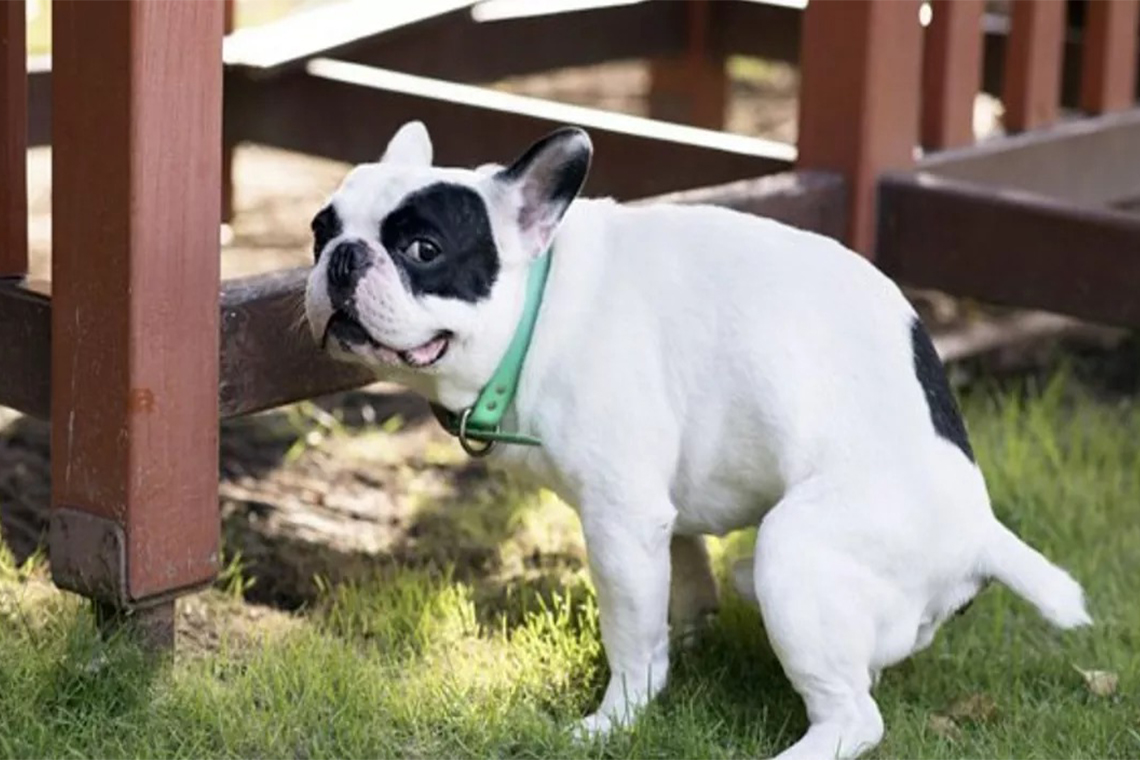Don't let your dog's poop harm your plants
If you’re a dog owner, you know the drill. You take your furry friend for a walk, they do their business, and you clean it up. But have you ever wondered if dog poop is good fertilizer? After all, it’s natural, right? Unfortunately, the answer is no. Here are seven reasons why dog poop isn’t good for your garden or lawn.
It's not fully composted
Composting is the process of breaking down organic matter into nutrient-rich soil. However, dog poop isn’t fully composted, meaning it still contains harmful pathogens and bacteria that can spread disease. These pathogens can be particularly dangerous if your garden or lawn is near a water source, as they can leach into the water and contaminate it.

It's high in nitrogen.
While nitrogen is an essential nutrient for plants, too much of it can be harmful. Dog poop is high in nitrogen, which can burn plants if it’s not properly diluted. This can cause yellow or brown patches on your lawn or damage to your garden plants.
It can attract pests.
Dog poop can attract a variety of pests, from flies and mosquitoes to rodents and raccoons. These pests can spread disease and cause damage to your lawn or garden. Additionally, if you have a compost bin, adding dog poop to it can attract rats and other vermin.
It can contain harmful chemicals.
If you or your neighbors use lawn chemicals or pesticides, these chemicals can end up in your dog’s poop. When you dispose of the poop in your lawn or garden, these chemicals can leach into the soil and harm your plants. This can also be a danger to wildlife that may eat the contaminated plants.
It's not consistent.
Because dogs eat a variety of foods, their poop isn’t consistent in terms of nutrient content. This can make it difficult to use as a fertilizer, as you can’t be sure how much of each nutrient your plants are getting. Additionally, some dogs may have health issues that can affect the nutrient content of their poop.

It can contain parasites.
Dog poop can contain a variety of parasites, including roundworms, hookworms, and tapeworms. These parasites can be harmful to humans and pets, particularly children and those with weakened immune systems. Even if you pick up after your dog, the parasites can still be present in the soil.
It's not worth the risk.
While dog poop may be tempting to use as fertilizer because it’s free and readily available, the risks outweigh the benefits. Using dog poop as fertilizer can harm your plants, attract pests, and spread disease. It’s better to use a commercial fertilizer or compost that’s been properly treated to ensure that it’s safe for your lawn or garden.
So, what should you do with your dog's poop?
The best thing to do with dog poop is to pick it up and dispose of it properly. Most cities and towns have laws requiring dog owners to clean up after their pets. You can dispose of dog poop in a trash can, a pet waste station, or a compost bin that’s specifically designed for pet waste. Some communities even have programs that collect dog poop and convert it into energy or compost.
Final Verdict
While dog poop may seem like a natural and easy solution for fertilizing your lawn or garden, it’s not worth the risks. The potential for harm to your plants, the environment, and your health isn’t worth the small benefit of free fertilizer. So, the next time your furry friend does their business, remember to pick it up and dispose of it properly. Your lawn, garden, and community will thank you.












